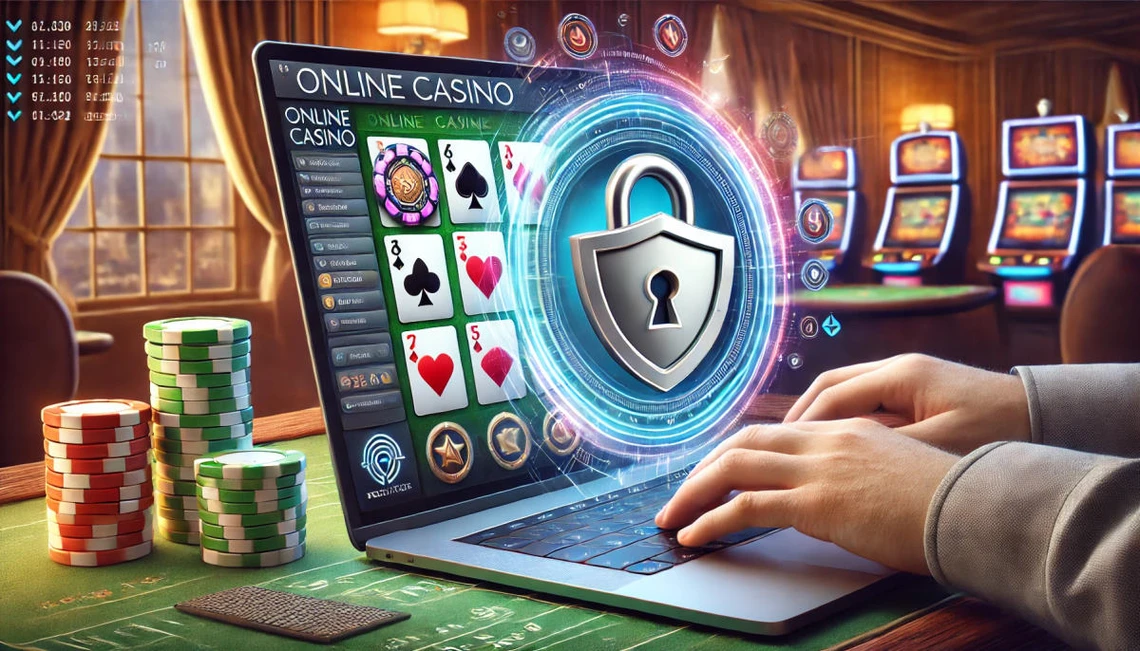Bedding Insights
Exploring the latest trends and tips in bedding and sleep comfort.
Encrypt and Conquer: The Hidden Heroes of Gaming Security
Uncover the unseen champions of gaming security! Discover how encryption powers your favorite games and keeps your experience safe.
Understanding the Role of Encryption in Gaming Security
Understanding the Role of Encryption in Gaming Security is crucial for both developers and players to ensure a safe gaming environment. In recent years, the increase in cyber threats targeting online gaming platforms has made it imperative for these systems to implement robust encryption methods. Encryption serves as a protective barrier, transforming sensitive data—such as personal information and financial details—into unreadable code. This process not only safeguards players' identity but also enhances their overall gaming experience, fostering trust between users and providers.
The significance of encryption extends beyond merely protecting player data; it also plays a vital role in preventing cheating and fraud in competitive gaming. By securing communications between players and servers, encryption helps maintain the integrity of game mechanics and fairness in play. Furthermore, as gaming technology evolves, the integration of advanced encryption protocols, such as end-to-end encryption and SSL/TLS, will become increasingly important in combating emerging threats, ensuring that gamers can focus on enjoying their experience without fear of compromising their security.

Counter-Strike is a popular first-person shooter game that pits two teams against each other: terrorists and counter-terrorists. Players choose from a variety of weapons and tactics to complete objectives, such as defusing bombs or rescuing hostages. For players looking to enhance their gaming experience, using a stake promo code can provide additional benefits and rewards.
Top 5 Cryptographic Techniques Protecting Your Gaming Experience
In today's digital age, safeguarding your gaming experience is more important than ever. With the rise of online gaming, players are increasingly vulnerable to cyber threats. Fortunately, various cryptographic techniques have emerged to shield gamers from potential exploits. Encryption is one of the most critical methods, converting sensitive information into a coded format that can only be deciphered by authorized users. This technique ensures that personal data, such as payment information or user credentials, remains secure from prying eyes.
Another vital cryptographic technique is hashing, which transforms data into a fixed-size string of characters, rendering it unreadable to all but authorized systems. This not only helps in verifying the integrity of game files but also protects against cheating. Additionally, digital signatures play a crucial role in confirming the authenticity of game downloads and updates, ensuring that players interact only with verified content. Finally, implementing multi-factor authentication (MFA) adds an extra layer of security by requiring users to provide two or more verification factors, significantly reducing the risk of account takeovers.
How Hackers Target Gamers: The Need for Robust Security Measures
In the digital age, gamers are increasingly becoming targets for malicious actors seeking to exploit vulnerabilities within gaming platforms. Hackers employ a variety of tactics, from phishing scams to account takeovers, leveraging social engineering to trick players into divulging personal information or granting access to their accounts. Phishing messages can often appear as legitimate game notifications or friend requests, making it crucial for gamers to verify the authenticity of communications before acting on them.
To combat these threats, it is essential for gamers to adopt robust security measures. This includes enabling two-factor authentication (2FA) on all gaming accounts, regularly updating passwords, and being vigilant about suspicious activities. Furthermore, gamers should consider utilizing a reliable VPN while playing to protect their internet connection from potential interception. By implementing these strategies, players can significantly enhance their security posture and enjoy a safer gaming experience.